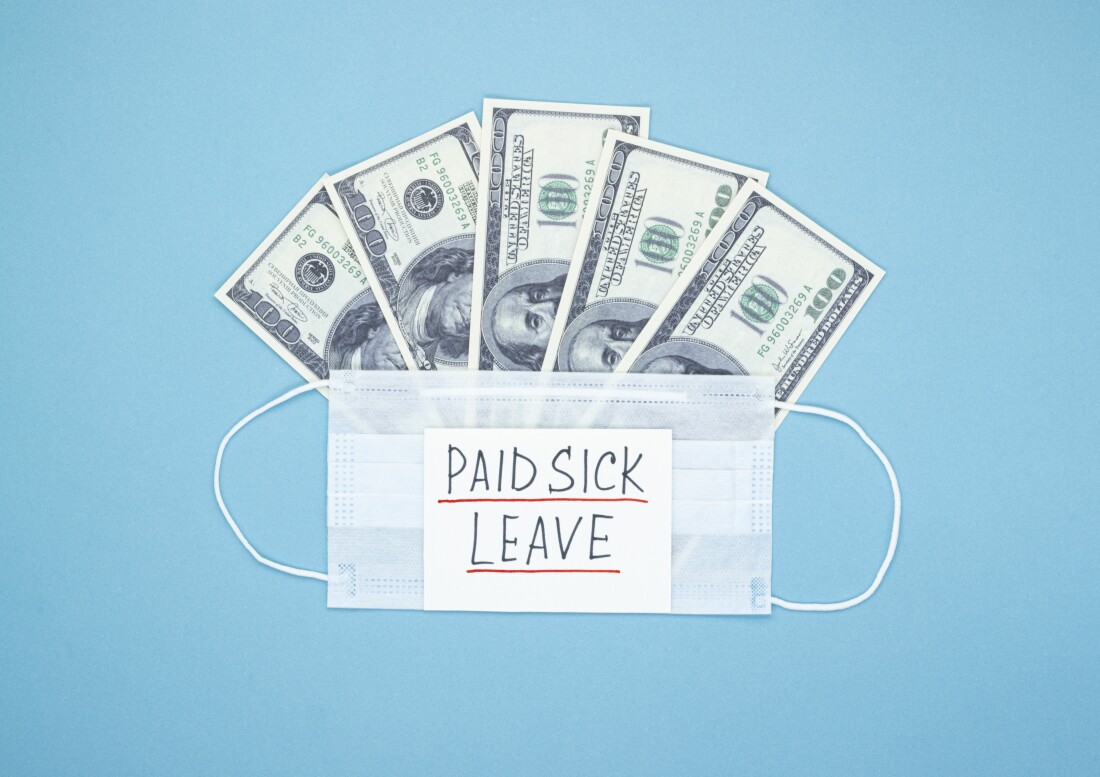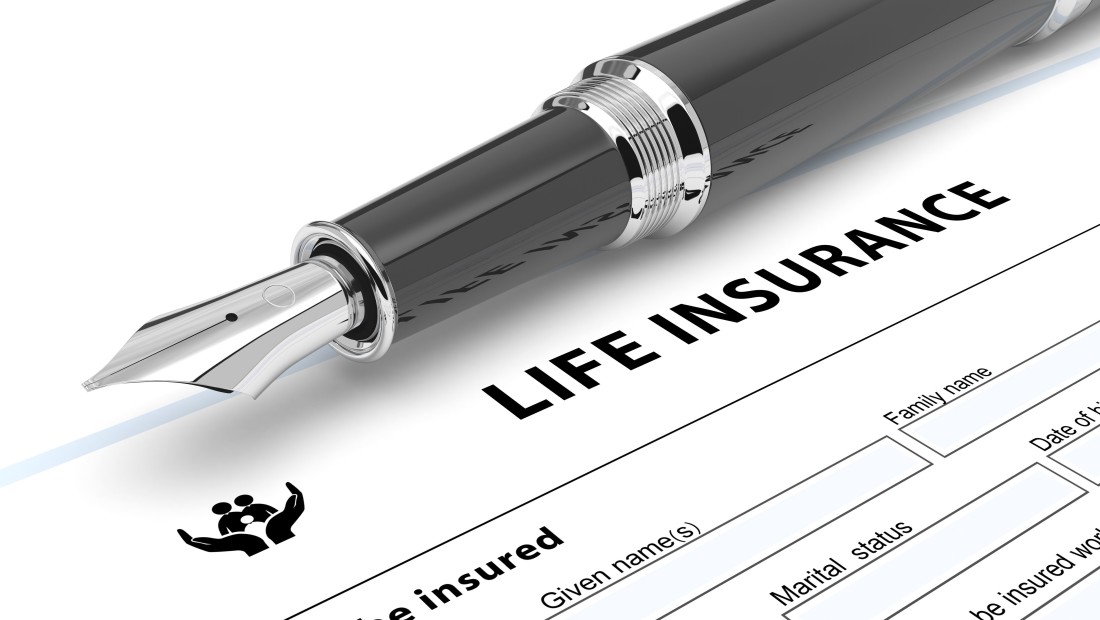Showing 5 posts in Employee Benefits.
Compensability of a Work-Related Suicide Claim
 DISCLAIMER: This article is intended to provide general legal information. This article does not provide mental health or medical advice and is NOT a substitute for professional therapy or mental health services. If you or someone you know is expecting suicidal thoughts or a crisis, please seek immediate help by contacting the Suicide Prevention Lifeline at 988.
DISCLAIMER: This article is intended to provide general legal information. This article does not provide mental health or medical advice and is NOT a substitute for professional therapy or mental health services. If you or someone you know is expecting suicidal thoughts or a crisis, please seek immediate help by contacting the Suicide Prevention Lifeline at 988.
In recent years, mental health issues and suicide have become increasingly prevalent among Americans. The COVID-19 pandemic has only exacerbated this crisis. According to a CDC survey from June 2020, the pandemic has “considerably elevated adverse mental health conditions” in U.S adults. Data from the survey indicates that 42 percent of essential workers reported struggling with anxiety and/or depression. Most notably, 11 percent of all respondents seriously considered suicide within the preceding 30 days.
Overall, studies have shown that suicides related to workplace issues are on the rise, and the cause is often increased workplace stress and excessive workloads. Under what circumstances should the family of a worker who takes his or her own life be awarded workers’ compensation benefits? Below, we discuss a recent instructive case from Pennsylvania followed by an overview of how Michigan law handles this increasingly important issue. Read More ›
Categories: Case Law Updates, COVID-19 and Workers' Compensation, Employee Benefits, Workers' Compensation
COVID-19 Related Paid Leave Tax Credits Extended Into 2021
 The federal government enacted the Families First Coronavirus Response Act (“FFCRA”) on March 18, 2020. The FFCRA was intended to provide support to workers who were unable to work while complying with government-mandated quarantines following exposure to COVID-19 or while taking care of someone else in quarantine. The law required employers with fewer than 500 employees (“covered employers”) to pay certain employees Emergency Paid Sick Leave, Emergency Family Medical Leave and/or Expanded Emergency Family and Medical Leave (together, “FFCRA Leave”) as more fully described below. Read More ›
The federal government enacted the Families First Coronavirus Response Act (“FFCRA”) on March 18, 2020. The FFCRA was intended to provide support to workers who were unable to work while complying with government-mandated quarantines following exposure to COVID-19 or while taking care of someone else in quarantine. The law required employers with fewer than 500 employees (“covered employers”) to pay certain employees Emergency Paid Sick Leave, Emergency Family Medical Leave and/or Expanded Emergency Family and Medical Leave (together, “FFCRA Leave”) as more fully described below. Read More ›
Categories: COVID-19 and Workers' Compensation, Employee Benefits, Employment, Workers' Compensation
The CARES Act Unemployment Expansion, Workers’ Compensation Wage Loss Offset, and Refusing to Return to Work During the Pandemic
 The Unemployment Offset
The Unemployment Offset
The Coronavirus Aid, Relief, and Economic Security (CARES) Act was passed by Congress with overwhelming bipartisan support and signed into law on March 27th, 2020. One feature of the CARES Act is the Pandemic Unemployment Compensation (“PUC”) program, which enhances weekly unemployment benefits administered by individual states by adding an additional $600 weekly supplement to an employee’s maximum weekly unemployment benefit rate. A related program created under the CARES Act, called the Pandemic Emergency Unemployment Compensation (“PEUC”) program, extends the duration of weekly unemployment benefits by adding an additional thirteen weeks to the maximum recovery period each state otherwise allows. Read More ›
Categories: Case Law Updates, COVID-19 and Workers' Compensation, Employee Benefits
Are Death Benefits Owed When an Employee Dies after Contracting the Coronavirus?
 The Context
The Context
There have been over 40,000 confirmed COVID-19 cases in Michigan. This figure includes over 4,000 deaths. We are currently averaging about 1,000 new cases and 100 new deaths per day. Fortunately, the curve is flattening and some areas of the state have seen decreases. Read More ›
Categories: COVID-19 and Workers' Compensation, Employee Benefits, Workers' Compensation
Impact of Executive Orders on Reduction and Termination of Benefits
 Jack Nolish, the recently appointed Director of the Michigan Workers' Disability Compensation Agency, issued a directive this week limiting employers' ability to terminate or reduce benefits during the period the Stay Home, Stay Safe Executive Order (EO 2020-21) and Executive Order 2020-20 are in effect. To read more on this issue in Alicia Birach’s article, Impact of Executive Orders on Reduction and Termination of Benefits, can be found here.
Jack Nolish, the recently appointed Director of the Michigan Workers' Disability Compensation Agency, issued a directive this week limiting employers' ability to terminate or reduce benefits during the period the Stay Home, Stay Safe Executive Order (EO 2020-21) and Executive Order 2020-20 are in effect. To read more on this issue in Alicia Birach’s article, Impact of Executive Orders on Reduction and Termination of Benefits, can be found here.
Categories: COVID-19 and Workers' Compensation, Employee Benefits



 Share
Share